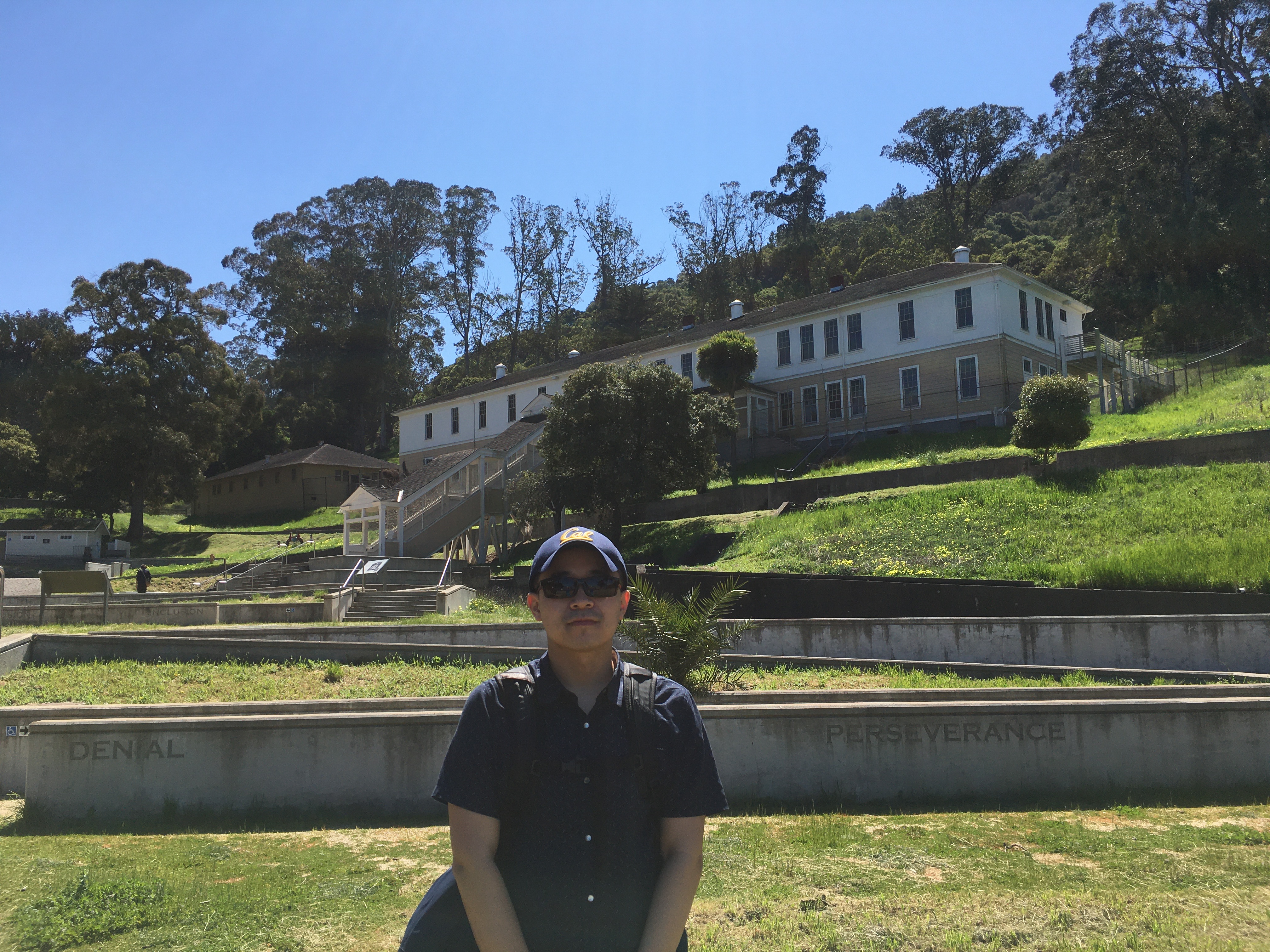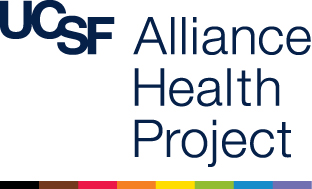Anti-Asian Hate: A Personal Perspective

The COVID-19 pandemic has highlighted significant health disparities in the United States. Race and class are drivers of those disparities as so many Black, Indigenous, People of Color (BIPOC) folks work essential jobs in public service, health care, transportation, and food services that are not able to be performed at home. While I have had the privilege of working from home as a psychotherapist since March 2020, I am nevertheless horrified and outraged by the escalating anti-Asian rhetoric and acts of violence that culminated in the Atlanta spa shootings on March 16, 2021, where eight people were murdered, six of them were women of Asian descent.
The Atlanta shootings did not just come out of the blue. Anti-Asian discrimination has a long-standing history in the US. Incidents of Anti-Asian hate have increased during the pandemic, and videos have surfaced of Asian Americans being subjected to hate and violence. One man is sprayed with disinfectant on the New York subway; a family in a Northern California restaurant is endangered by verbal harassment; elderly Asian people in their 60s, 70s, 80s are violently attacked – tackled and kicked to the ground in New York, Oakland and San Francisco. One 75-year-old Oakland man of Chinese descent and one 84-year-old San Francisco man of Thai descent died of their injuries.
My feelings are clear about Atlanta. The shootings are hate-crimes and racially motivated. I believe racism, sexism and misogyny will certainly come into play the next few months and years to whitewash what really happened. The evidence of denial is clear as I watched the Atlanta shooter’s actions explained away on TV by a White Georgia police spokesman as a “really bad day” or painting the victims as “temptations” that needed to be eliminated. America has a history of erasing, minimizing and gaslighting the experiences of the Asian American community.
After Atlanta
In the days following the Atlanta shooting I could not focus and had thoughts and fears that I would be shot at work or going to the store. I felt vulnerable and wished I did not live in America.
Over Cesar Chavez Day weekend, I sailed to Angel Island where I visited the immigration station for the first time. Between 1910 and 1940, Angel Island functioned as a port of entry and detainment camp for newly arriving immigrants on the West Coast. European immigrants stayed a few days while Chinese immigrants were detained and interrogated for months or years. The immigration station is now a National Park and it looks peaceful and beautiful. I was haunted by the truth of what it really was – a prison to keep Chinese immigrants out of America.
What/Who are you concerned about?
Georgia has been at the center of the political world of the United States since November 2020. The Atlanta shootings have also made it a focal point in the collective grief of Asian Americans.
How will the people of Georgia and of the United States respond?
White supremacy harms everyone. I am concerned about xenophobia and anti-Asian hate. I am concerned about Asian Americans who identify as LGBTQ+. I am concerned about police brutality against Black people. I am concerned about immigrants arriving at the US/Mexico border. I am concerned about the indigenous and Native American community. I am concerned about all the people in the United States including myself and my family members.
Xiaoming Hu
Clinical Social Worker
Pronouns: He | Him | His
